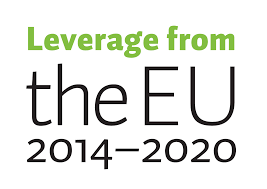
Path towards Summer Job 2030 – Bringing Young People and Working Life Together
The project “Kesäduunipolku 2030" improves the working life competences of young people. The objective is to promote connection to working life already during the end of basic education and by so doing prevent marginalization. The project utilizes the “Learn by Teaching” concept in which a student at a university of applied sciences or vocational institute who already has experience of working life tutors younger students in job seeking and provides peer support for job hunting.
The primary measures during the project will be targeted at young people of 18 years or older. However, a secondary target group is 15–18-year-olds at different educational levels and in educational institutes.
Most university of applies sciences students are experienced in applying for jobs, with plenty of information and experiences about job-seeking and working life. An older student who has personally faced the challenges of job searching is not only able to offer hands-on information on job-hunting but also to encourage young people to continue searching for a job despite the potential challenges.
In addition, the project sets to find hidden jobs particularly in the regional SMEs that have not traditionally offered summer jobs. The hidden jobs are hunted with student workforce. Especially Business and Administration as well as Engineering students at TUAS will visit SMEs and consider together with the company which short-term jobs would suit young people.
As a concrete action, the project creates practically oriented basic information packages introducing sustainable business for young people and SMEs.
The project strengthens the future position of the target groups in the job market and promotes the readiness of entrepreneurs to hire young people for working life periods of different lengths, such as summer jobs.
Improving the job-seeking competences of young people will promote their eligibility on the labour market and help reduce marginalization and youth unemployment by e.g. enhancing interpersonal skills, communications and interactive competences, self-confidence and own initiative relating to job-hunting.



